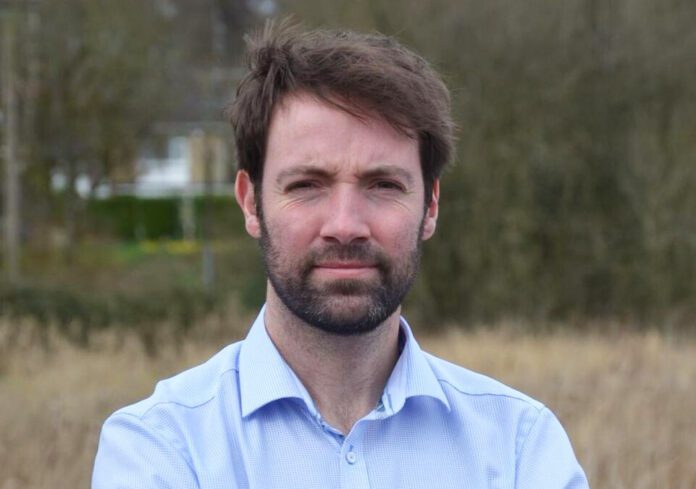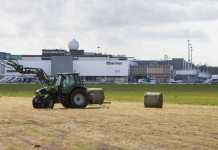
GREEN Party TD Brian Leddin raised serious concerns in the Dáil this week on the “total collapse in nature” in County Limerick and across the country.
He highlighted the worrying decline in bird species in Limerick over the last 30 years, which he deemed as “utterly alarming”.
According to Deputy Leddin, there has been a 52 per cent decline locally in the shoveler, and the pochard has had a 77 per cent decline in the last three decades.
The red grouse, he continued, has declined in numbers by greater than 50 per cent, and the kestrel has had a 53 per cent decline in 20 years. The golden plover has had a 44 per cent decline in Limerick, and the dunlin a 62 per cent decline, in the same timeframe.
“The snipe has declined 78 per cent in 30 years. The woodcock has declined by 73 per cent. The list goes on and on. The barn owl has had a 50 per cent decline in 20 years. The swift has had a 56 per cent decline in 20 years. The grey wagtail has declined 50 per cent in 20 years,” Deputy Leddin explained.
This, he insisted, is only a snapshot of what he described as “quite a harrowing” presentation to party members and the public last week at a talk in the Strand Hotel.
“We are seeing a total collapse in nature. This should utterly alarm everybody in this House and in the Upper House. We are not taking it seriously.”
Deputy Leddin went onto highlight the decline in nature in County Limerick, thanking Dr Tom Harrington and Mr Tom Tarpey, who gave the presentation to the local branch of the Green Party last week.
“Through their lives they have seen the incredible decline in biodiversity and nature in my home county.
“I look at the map of the rivers at risk in my home county. Those rivers in green on the map have good quality water, those in amber have water quality at risk, and those in red have water quality that is very much at risk. This map is one that primarily shows rivers and watercourses in red throughout County Limerick. There is an absolute correlation between that deterioration in water quality and the growth of intensive agriculture.
“If I can borrow Tom Tarpey’s words, the livestock industry has completely captured the political process in Ireland. It is the tail wagging the dog. It is a throwback to times when agriculture was the dominant economic force in the country and intense lobbying has happened in the interim. Agriculture now accounts for just one per cent of gross domestic product, while it produces 37 per cent of our emissions. It is inextricably linked with the nature collapse very much under way here,” Deputy Leddin declared.
He concluded by urging colleagues across the House to understand the crisis we are in and to seek to stop the collapse that is underway.
“This is not a time for doublespeak, and that is what we are hearing. It is total and utter doublespeak, and not taking this issue as seriously as it is. This will come back to haunt us because these very systems are those that support food production and life itself.
“If we look to the short term and are politically expedient, then we will lose these systems and the very existence of our species will be threatened if we see total nature and biodiversity collapse. This is where we are going now.”









